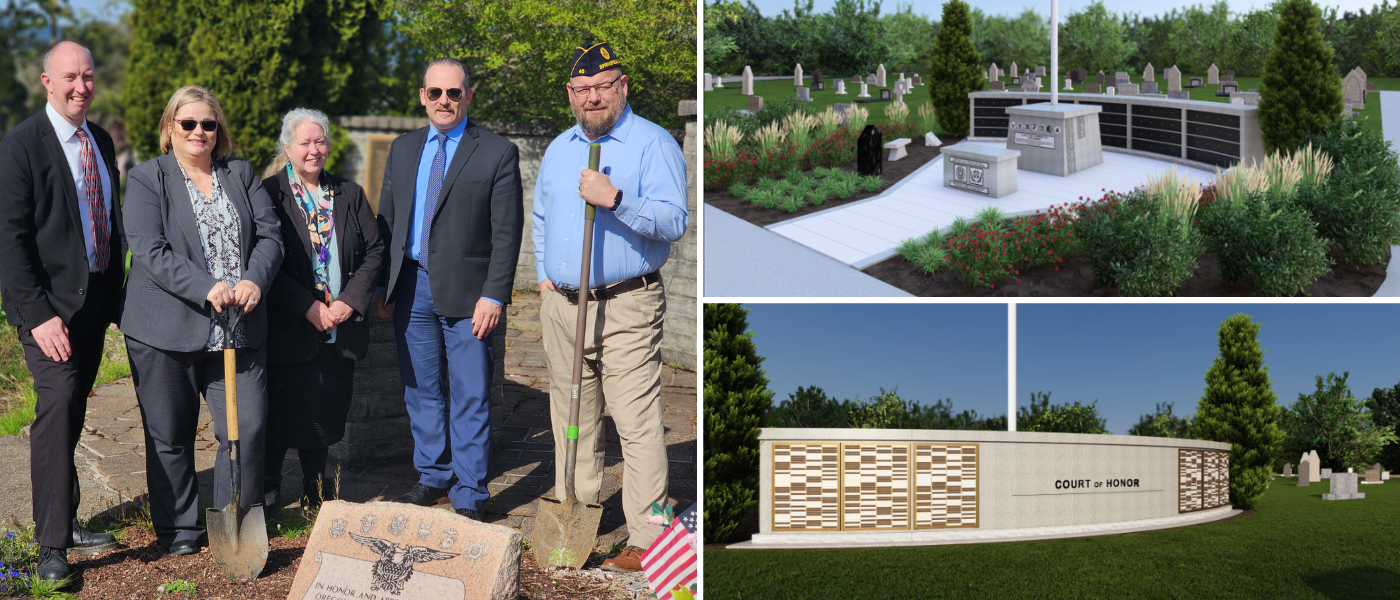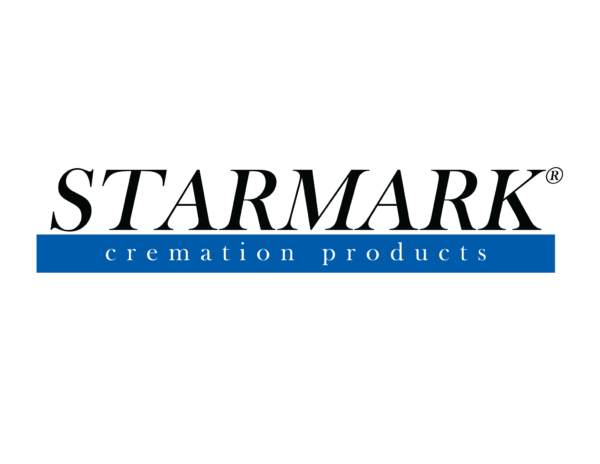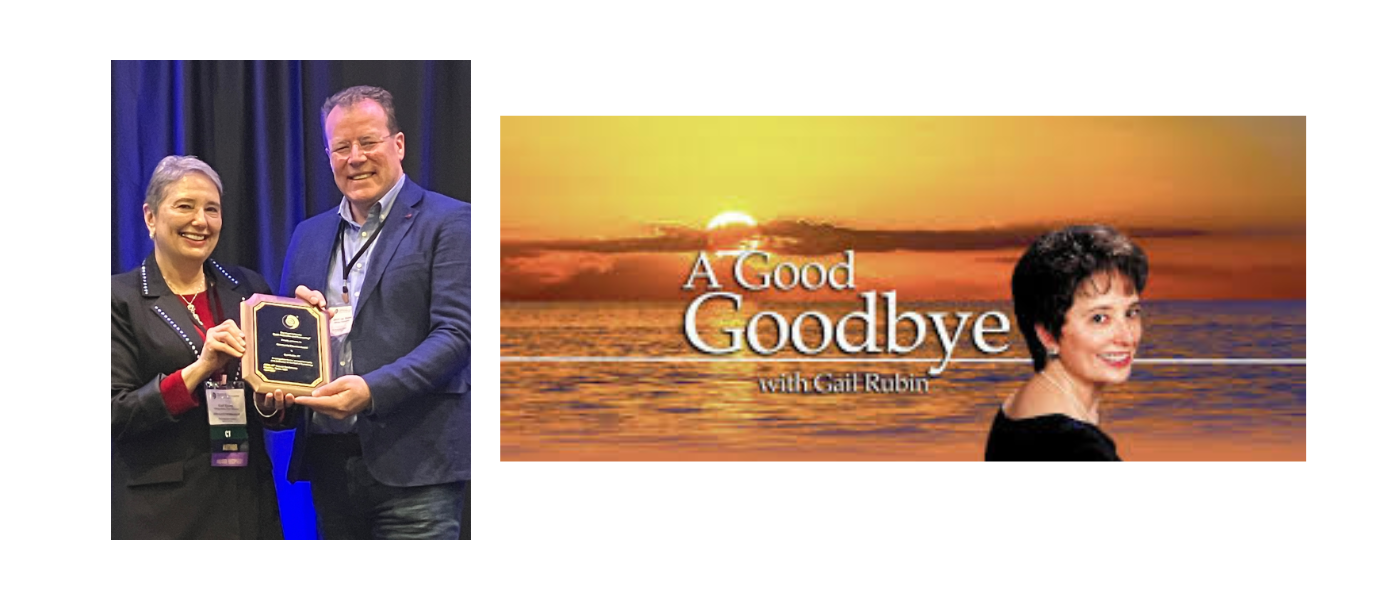[Ask The Expert] We Are Losing Calls, Do You Have Any Suggestions on Business Community Outreach?
Ask The Expert: Jeff Harbeson – Jeff Harbeson is a founder and developer of Family Choice Funerals & Cremations™, TouchPoints ™ (a funeral service operating platform), Preferencia Familiar™, and a former Batesville Casket Sales Representative. Jeff is the Executive Vice President and Chief Operating Officer of Funeral Finance, LLC. jeff@FuneralFinanceLLC.com , Twitter: twitter.com/funeralfinance
Question: There is a new competitor in my area that is starting to get some traction with calls. I have tried some advertising with limited success; however I want to develop relationships with other professionals in my community. Our firm has been serving for over fifty five years and I’m starting to become concerned that I could lose ground for all of the hard work by my family. Do you have any suggestions on business community outreach?
Answer:
From my experience in the funeral sales profession which transitioned into funeral home development and ownership, I’ve found that most funeral directors suffer from “call reluctance”. Huh? How can a funeral director suffer from call reluctance? I’m not using the traditional industry term “call”; I’m referring to calling on prospective customers. Of course, as these few sentences have just been read, readers are going to jump to the conclusion of “it’s illegal for funeral directors to solicit for business, that’s crass, soliciting is unprofessional” and so on. “Relax”.
Sitting at your firm wondering why the phone isn’t ringing, wondering how your competitor is gaining market share or simply thinking “we’ve been through this before,” is not going to make your business improve. I subscribe to the belief of being proactive by marketing a funeral home in many methods.
Certainly advertising works…but you must have a message that resonates with consumers. What’s different about your firm from the competition? Simply longevity of the business does not cut it (for instance Sears has been here a long time and lags far behind Wal-Mart in growth) and “we care more” or “we provide superior service”. Don’t all firms care more and from their point of view provide superior service? Those two messages are so subjective that they don’t allow your firm to truly stand apart. Simply put, if you advertise, have something to say that consumers care about, educate them and they will come.
If you are not using some form of social media, well your typewriter ribbon is probably in need of change. Years past, if a funeral professional wanted to meet other community professionals they would join a civic group. Have you been to one of those lately? I recently spoke at an international organization and was astounded that only about 35 were in attendance, and I was certainly much younger than my audience. The current “civic groups” are social media outlets…where those 35 people know and connect to hundreds of people. If you don’t have a website that is updated with valuable information in a fresh, aesthetically pleasing format, rather than funeral service information spelled out in long jargon accompanied by a background of piano music, you need to get work. Using Social Media to tell your story is valuable and drives traffic to your website, but relationships are best developed in person.
Hence, the question; How do I develop relationships with those in the community that could benefit my business? Who are the people and other businesses that my business could benefit from, but would receive benefits from my profession? Critical professionals such as Minsters, Chaplains, Social Workers, Senior Care Providers, Attorney’s and Hospice Professionals, to name a few. So, how do funeral professionals approach other professionals in their respective communities to become a resource? Not a solicitation to care for all of their deceased clients, but a resource providing other professionals training, information and assistance. A funeral director is an educated, licensed professional that can become a tremendous asset with the local clergy, health, legal, senior care, and hospice industries.
When developing a marketing and operations platform for a new funeral home, I met with and listened to several hospice professionals. I asked them to share what they do for their clients, how their clients qualify for hospice, what are the different positions within their agency and so on. These professionals were excited to share their work and passion for those they serve with me. After learning about their operations, I then asked “what don’t you like about the funeral homes that you deal with regularly’? That’s when I received an earful.
“When we call during odd hours, it seems to take forever for the funeral home to respond, much less show up…the guys making the removal are very impersonal,” and so on. I asked if the hospice firm had a working relationship with the local funeral homes, and most indicated they did not. If anything, funeral homes would donate for their Hospice fund raisers or drop off pens and such. From this line of questioning, I then solicited from those I met with “if you owned a funeral home and you wanted to work with a local hospice organization, what would you do”? There were many suggestions, but what struck me as resoundingly important was the funeral home should be training and becoming a resource. The reluctance from those that I met with was that when in the past they invited funeral homes to develop a relationship by presenting to their staff or participating in some sort of event, the hospice got the feeling that the firms just wanted to sell pre-need or some type of product.
After learning about Hospice organizations, their work, their passion to make a client and their family’s transition to death comfortable, I thought through how a funeral home could be of service to the Hospice staff. Training, Education, and a Resource. Why not provide hospice staff with information about what happens after their clients die…what does the family have to deal with…how can a family prepare for death…what can families expect after the death occurs…basically once the hospice work is complete, share how does a funeral professional carry forward the hard work that Hospice started?
Upon completion of the research, I developed a training platform for staff with direct contact with those that are dying and their families. Within the platform, there is no solicitation of the funeral home or it’s services, but information and training of what a family will need to know prior to death occurring. Details on subjects such as Social Security benefits, end of life legal preparedness, Veteran’s benefits, important documents, and so on. In addition, I created a website and accompanying materials as tools for those receiving the training as well as a resource for families that may have a loved one facing death.
Upon presenting this training, I was overwhelmed at the reception and participation among those in attendance. Many did not know how soon after death a physician must legally sign a death certificate and from time of death, their state’s regulations pertaining to embalming and or refrigeration. Subjects and facts that funeral professionals must deal with, so that those in attendance may assist by providing families information prior to death…to make the transition to death easier. During the training multitudes of stories were shared by the participants from their own loved one’s death and those that they had cared for…both positive and negative.
At the conclusion of the training, the hospice professionals now had tools and information to deliver to a family without feeling uncomfortable about the topic of impending death. Additionally, because of the training we developed a relationship…we became a resource. There was no fear that if these professionals called for any funeral service information or questions, that our firm would not respond with starting up the removal vehicle or requesting a meeting with a pre-need counselor.
Finally, don’t sit around your firm and fret why the business is slow or what your competition is doing, become proactive as a resource in your professional community! Remember, “If the phone isn’t ringing, go out singing”…oopps! That’s a topic for another day.




